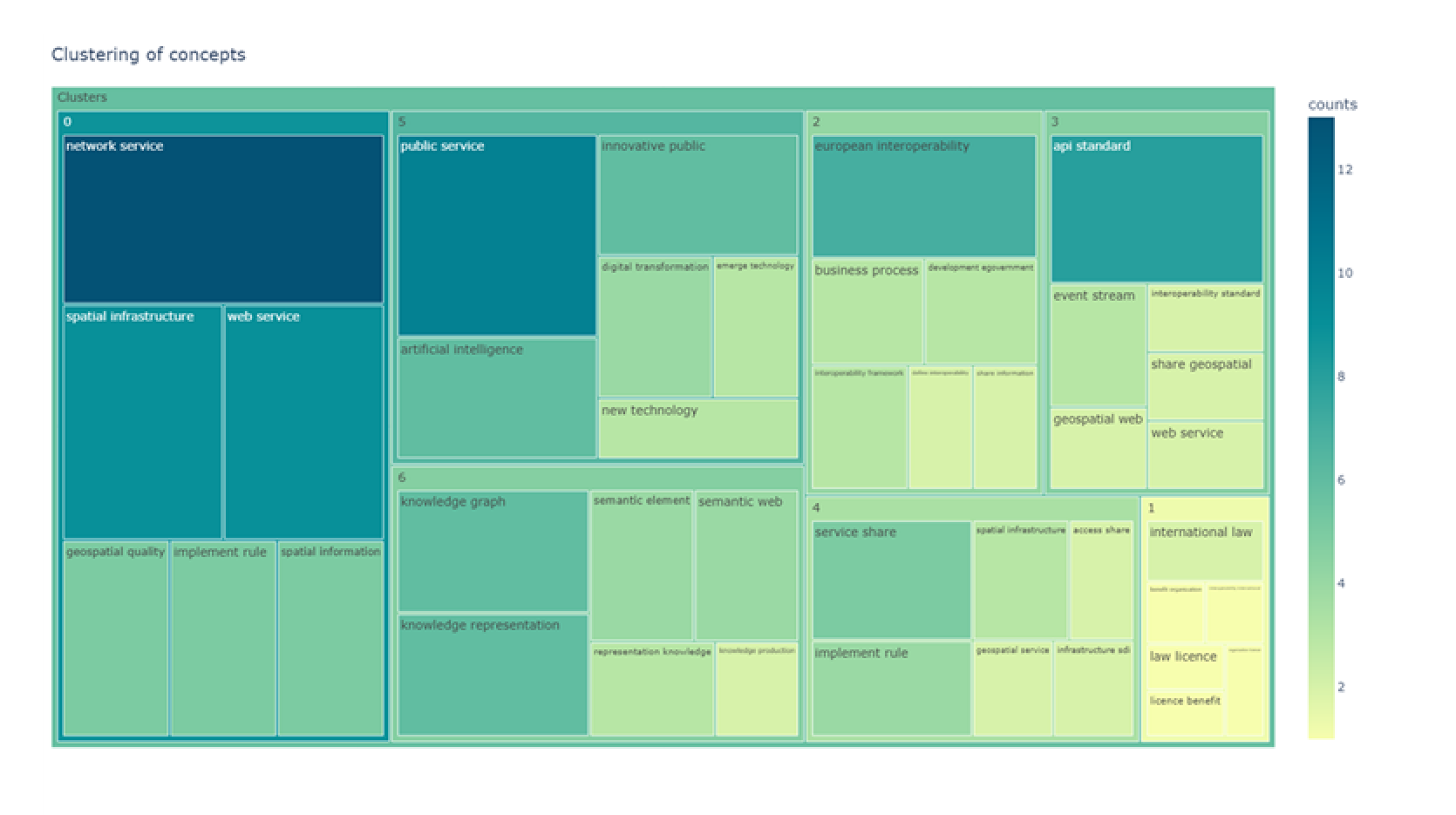DIS4SME - Data Interoperability Skills for SMEs (2023-2025)
This is a summary of the report ‘Vancauwenberghe, G., Thiru, N., & Vandenbroucke, D. (2023). Trends and challenges on location data interoperability education and training. DIS4SME’. The full report can be found here.
In the report ‘Trends and challenges on location interoperability education and training’ the results and key findings are presented of the DIS4SME study on the current offer of training on location data interoperability and related topics. The study relied on a mapping and indepth analysis of existing training courses in Europe dealing with location data interoperability. The main aim of this study was to gain insight into what training courses currently exist on location data interoperability, what topics are addressed in these courses and which teaching methods, materials and good practices could inspire and support the design and development of new training in the context of DIS4SME.
As such, the study and its results provided a comprehensive overview of existing training courses dealing with location data interoperability and related topics. In total 98 relevant courses were identified and further investigated, looking first at general characteristics such as the language, the platforms through which they are provided, the targeted trainees and the approaches used for the assessment and certification of trainees, and afterwards at the content and learning objectives. For both the discovery, collection and analysis of these courses, the study relied on a combination of manual and (semi-)automated methods, in which all DIS4SME partners were engaged. The study took into consideration various studies and initiatives on mapping, promoting and/or offering training on data interoperability in Europe. The DIS4SME partners especially contributed to the identification of other relevant courses at the national or European level.
The training courses that were included in the analysis consisted of two main categories of training: while there are several courses dealing with GI, GIS and especially SDIs (and topics related to these), there’s also a big group of courses focusing on (open) data and (digital) technology in general. For the future design and development of the DIS4SME courses, it can be argued that it is important to take into consideration both groups of courses, when dealing with a particular topic.
A key result of this study is the identification of the core concepts in the existing offer of training. Twenty core topics that are central in the existing offer of training on location data interoperability were identified and further investigated. For each of these concepts, we identified the main courses in which the topic is covered, the learning objectives associated to the concept and a set of related topics that often are addressed in the same set of courses. Through a clustering of related concepts and courses we identified seven core clusters of topics. The figure below shows these seven clusters and their underlying concepts. 
The seven clusters are as follows:
- Spatial Data Infrastructures cluster, including concepts (or covering topics) such as network services, spatial (data) infrastructures, web services, geospatial quality, implementing rule(s), catalogue service, metadata standards and other.
- Legal/Governance cluster, including concepts (or covering topics) such as: open data licences, international law, basic interoperability, selecting right licence, software licences among others.
- Interoperability cluster, including concepts (or covering topics) such as: European interoperability framework, business process, e-government development, share information, interoperability reference and other.
- Standards cluster, including concepts (or covering topics) such as: API standard, event stream, share geospatial data, geospatial web, web service, interoperability standard, access standard feature among others.
- Data sharing and access cluster, including concepts (or covering topics) such as: ‘service share, implement rule, spatial infrastructure, geospatial service, infrastructure defaces share, facilitate access, and rule conformity.
- Digital transformation cluster including concepts (or covering topics) such as public services, public service innovation, digital transformation, artificial intelligence, impact measurement, new and emerging technologies, digital revolution, and other.
- Knowledge representation cluster, including concepts (or covering topics) such as: knowledge graph, semantic web, semantic element, representation knowledge, knowledge production, semantic query among others.
